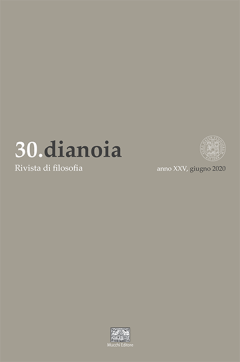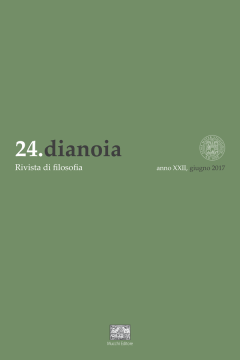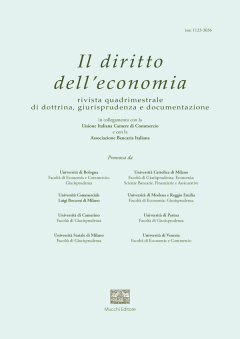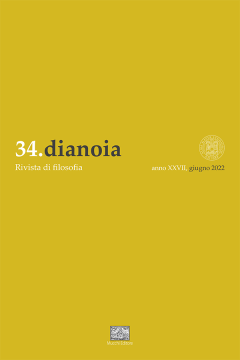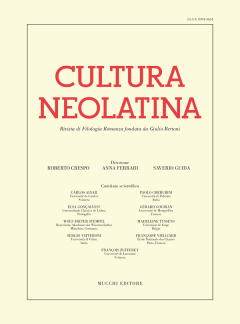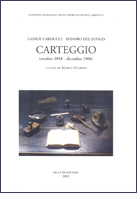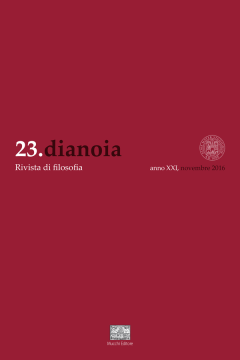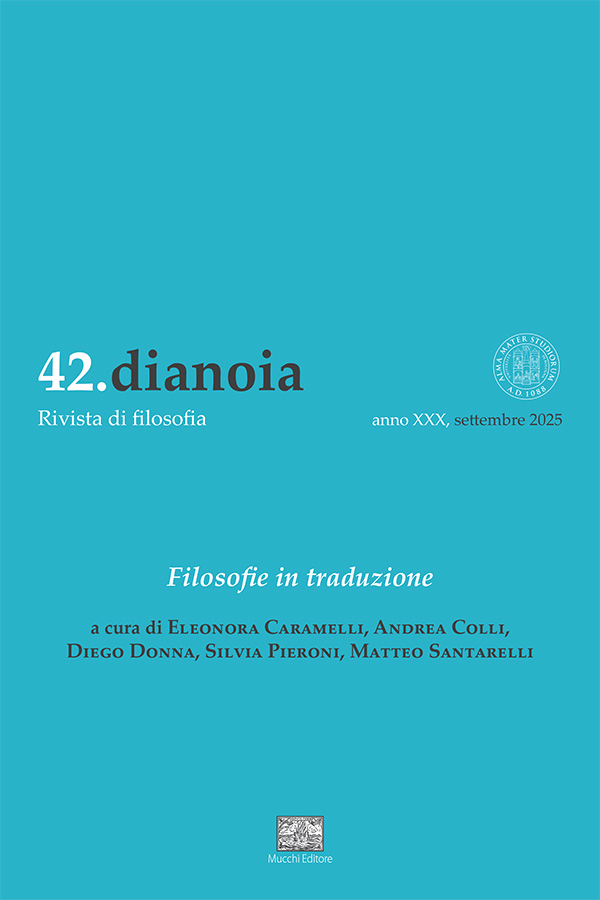This article explores the technical use of the term προβολή in John Philoponus’ commentaries. Philoponus distinguishes between the initial potentiality (ἕξις) and its immediate actualization, termed προβολή, which defines a second form of actuality. The study examines how this notion – rooted in Neo-Platonic thought yet adapted within an Aristotelian framework – differentiates movement from complete activity. Drawing on examples such as light diffusion and visual perception, the article contends that “projection” is the most suitable translation of προβολή, as it captures the concept’s instantaneous, undiluted manifestation free from temporal progression.
Keywords: Philoponus, προβολή, ἕξις, Neo-Platonism, Second Actuality.


